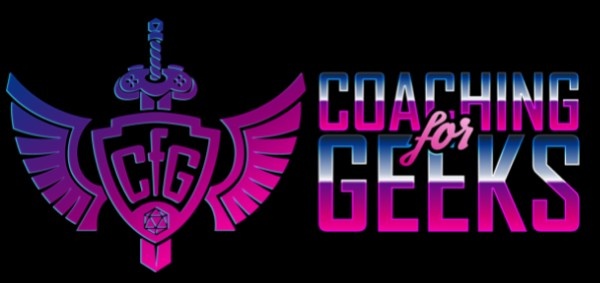Everything You Need to Know to Build Your Own Gaming PC
Nov 17, 2020
In a pandemic-stricken world, one of the industries that gained tremendous traction is game live streaming. According to the latest streaming industry report curated by StreamElements and Arsenal.gg., leading game streaming platform Twitch saw a whopping five billion increase in viewership hours from April to June. Aside from Twitch, Facebook Gaming also experienced a 75% spike in viewership.
If you are a gamer who has always dreamt of getting into game live-streaming, there is no better time to do so than now. But of course, there are a number of things you have to consider. These can span from a simple lighting fixture, a microphone and a webcam, a soundproofed room, reliable streaming software and, above all else, a powerful PC. In this article, we will list everything you need to know to build your own gaming PC.
Processor/CPU
The single most important component of every computer, regardless of whether it is for gaming or not, is the central processing unit or the processor. While there is a wide array of brands and price ranges, the two most trusted manufacturers in the consumer PC space are Intel and AMD. For those of you who want to use Intel, the best CPU they have for gaming this year is the Intel Core i7 10700k. It has full HyperThreading and a solid overclocking. As for AMD, the best option on the market is AMD Ryzen 9 3900X. This third-generation processor packs 50% more cores and threads, making it the most powerful AMD CPU for activities outside gaming such as video editing and rendering. For more affordable options, the Core i5 and AMD Ryzen 5 are also great.
Motherboard
The motherboard is a large printed circuit board (PCB) that houses every other component. If you’re not familiar with what a PCB is, it’s like the highway that each component uses to communicate and collaborate with each other, built by alternating layers of conductive copper with layers of nonconductive insulation material. The type of motherboard you would need would highly depend on the CPU you have, as well as the features you want to prioritize. To ensure the compatibility of your motherboard with your chosen CPU, consider the CPU’s overclocking capabilities, lighting, and connectivity options. Without a good motherboard your ability to play top games will be greatly affected.
Video card/GPU
The component that will have the most impact on your gaming experience would be the video card or the graphic processing unit (GPU). To some gamers, this part is the most essential one since it allows their setup to do complex graphics calculations that dictate how games look on their monitors. The two biggest brands in the world of graphics cards are AMD and Nvidia. If you are looking for affordable but competitive options, your best bets would be the GTX 1050 Ti from Nvidia and the Radeon RX570 from AMD. For cutting edge choices, there’s RTX 2080 Ti from Nvidia — the current king of GPUs for consumer PCs. You can also count on Radeon RX Vega from AMD as it has impeccable cooling, clock speed and instructions per clock
RAM and storage
The Random Access Memory (RAM) acts as your PC’s short-term memory, which keeps your hardware from having to access a storage drive for relevant data every single time you use it. In general, the greater the RAM, the better, but you can still fare pretty well with 16GB or 32 GB of RAM. The one that has to come with a lot of GB is your storage. In the past, hard disk drives (HDD) were the most widely used kind of storage. These days, its solid-state drives (SSD). This is because they are far more durable and are significantly faster and quieter. However, it’s important to note that they are also pricier per GB.
Building your very own gaming PC takes a great deal of effort, time, money, diligence and care. If you are planning to build one, research as extensively as you can. This way you can ensure that each component, from the CPU and motherboard to the GPU, RAM and storage, will all work well together when arranged in a case and connected to all the other miscellaneous parts.
Grab a free guide on how to grow your stream or podcast from scratch. Or perhaps a guide on creating your social media content?

